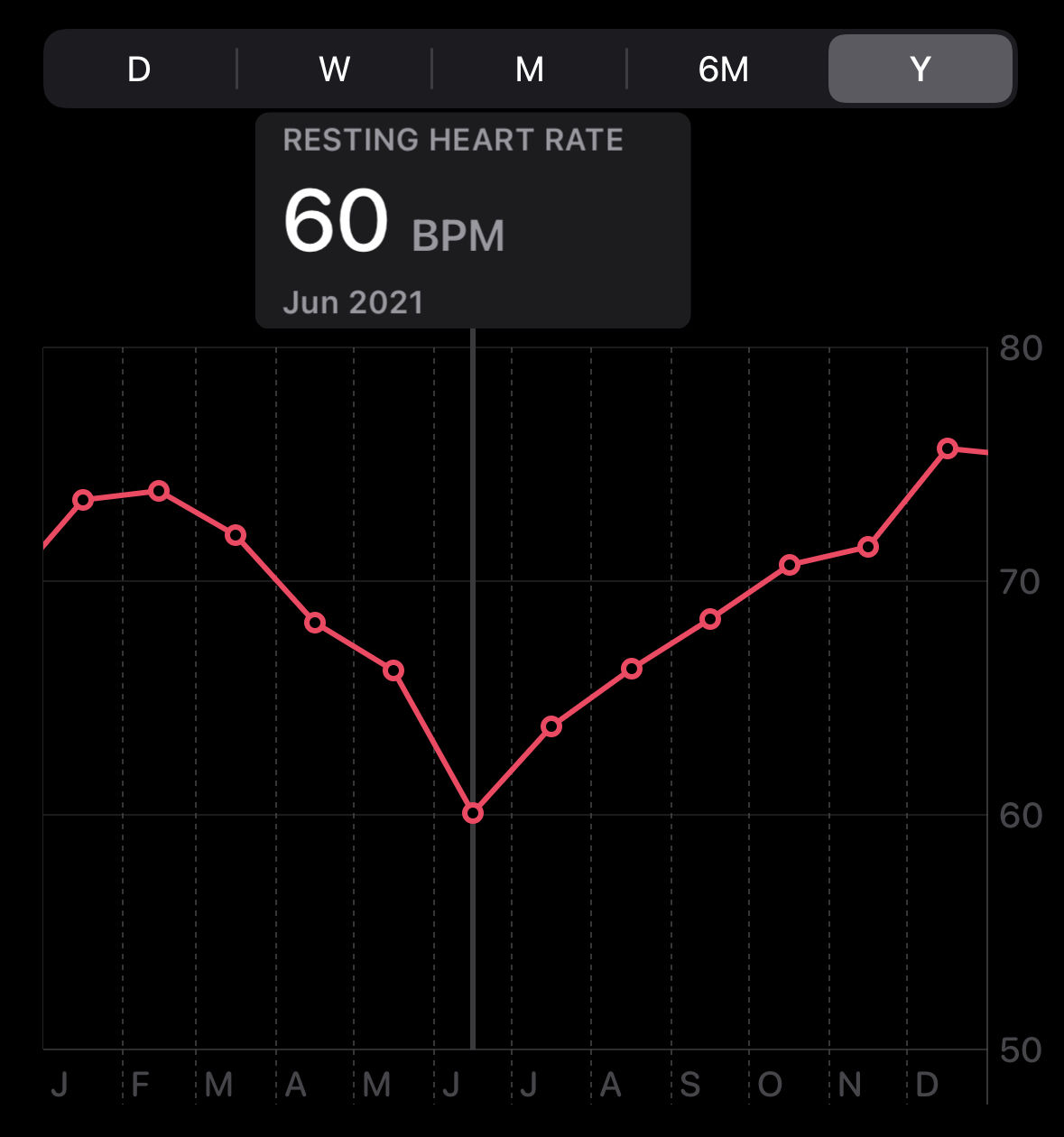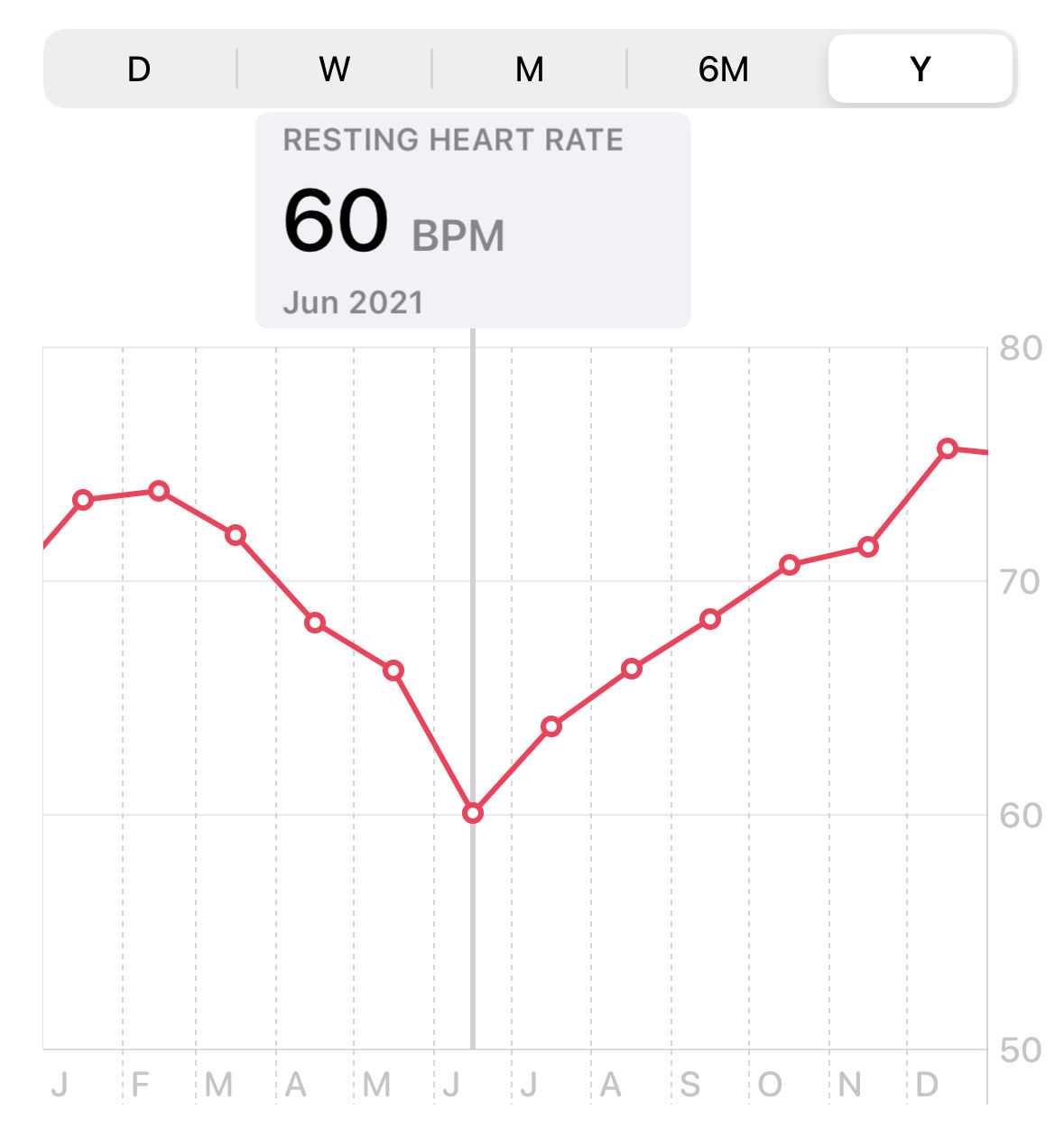Laser eye surgery
On Tuesday, the 18th of October 2022, I arrived at the eye hospital ready to have wavefront guided LASIK eye surgery. On entry, a sign directs me to wear a face mask and I oblige — my glasses immediately fog up. I clear my glasses and forcefully fold the mask over my nose to avoid more fogginess and make my way up the stairs. A nurse hands me a goody bag with three different types of eye drops that are to be taken at declining intervals over the next few weeks. I see a fellow patient who has just undergone the same procedure sitting in silence with their eyes closed. After a short wait I am taken into the operating room where I sign some paperwork and then lay on the table beneath two imposing machines. A nurse places a foam wedge under my knees, and with that we are ready to begin.
Throughout childhood I managed to get by without glasses but at 17 after struggling to read the whiteboard for a few months I went to the opticians with what I thought were dry eyes. One week later I was walking out of the opticians with a myopia diagnosis and a pair of glasses. Many people who have experienced a change in prescription will understand the thrill of a new pair of glasses: the world is suddenly viewed with a clarity that was hitherto unimaginable — but over time the elation wanes. Glasses need to be cleaned, glasses need to be pushed back up, glasses need to be adjusted, glasses need to be maintained.
Eventually the accumulated frustration had built up sufficiently to break through the fear and procrastination and I decided to get contact lenses. Euphoria once again returned, not only was my vision crisp; I could see all around me. Ascending a set of escalators I could see every crevice of the store below in my periphery. Years passed, I would occasionally switch to glasses for a time but always returned to contact lenses.
After nearly a decade of contact lens use I visited the opticians for a routine checkup. They told me that because I was wearing contact lenses for too long each day they were starting to scratch the surface of my eye. This wasn’t a problem per se, but would eventually make lenses untenable. They asked me to reduce my lens usage first, but rather than take this risk I decided to switch back to glasses full time. I invested in a great pair from Ace & Tate — blue light filter, ultra thin compression, every coating available — and for a time I enjoyed them greatly, but they had unimagined consequences.
In an effort to lose weight gained and regain health lost over lockdown, I had recently taken up running. My resting heart rate had declined from 74bpm at the start of the year to 60bpm in July before I switched back to glasses. Unfortunately, running with glasses proved to be more difficult than imagined. During a run, the glasses needed to be pushed up, they would inevitably get a highly distracting smudge on them and they would interfere with my headphones. Running without the glasses was somewhat viable but I ran in perpetual fear of tripping on a loose paving slab or running through an otherwise unseen hazard. Every kerb became an obstacle to slow down for rather than something to be leaped up with confidence. I stopped running eventually, and failed to replace it with another form of exercise; the consequences for my health were dire as can be seen by the resting heart rate charts.


We humans are creatures of habit - our habits are nudged not only by our objectives but also circumstances and environment. You might want to learn a new language, but it’s a lot harder to get into the habit of using Duolingo every day if your phone has a cracked screen, barely holds a charge and periodically crashes. Willpower and discipline will overcome this to a certain extent, but things are easier if you set your environment up for success.
I eventually identified my glasses as a source of such psychological burden, nagging me towards inactivity, causing me to think twice before taking any action remotely active and placing a barrier between me and the world. The obvious solution was laser eye surgery, so after some research I booked an appointment with Moorfields Eye Hospital and I was soon on my way to the operating room. I confess that I had not considered Orthokeratology lenses — lenses you wear at night which correct your vision during the day — because I simply hadn’t heard of them. The price makes Ortho-K lenses uneconomical compared to laser eye surgery but given the lack of invasiveness I may well have sought them out as an alternative.
Back in the operating room the surgery is underway. The surgeon rotates me between the different machines and I get to the step where I am mostly blind. The experience was unique, I could see only an ocean of nothingness and the faint blinking red light of the machine I was somehow supposed to focus on. Even the blur of that light was something I had not previously witnessed, it was not only a gradient but distinctly grainy. The surgeon finishes up and I sit up. Looking around is strenuous, everything is extremely bright, but I make my way to the waiting area and start to apply eye drops every 3-5 minutes for the next thirty minutes. The consultant checks up on me, gives me the all clear and sends me on my way. I call my own Uber.
The next few days are the most exciting. For the first few hours I take occasional peeks, everything is so crisp but light sources are difficult. By 5pm I can keep my eyes open, bright lights are a bit of a problem but not too bad. The next day I would describe the process as complete, I had regular eye drops but any discomfort was gone, my vision continued to improve over the next several weeks.
My vision now is beyond flawless. I can read signs at distances where I previously may have only just realised there was a sign. The most unexpected aspect is in the periphery. When wearing glasses you are effectively wearing blinkers, you can see in-front but the sides are blurry and obstructed by the frame arms. Contact lenses liberate you from much of this, though compared to laser corrected vision the acuity is not so pervasive. The best way to think about this might be through video games. Modern video games blur and render in lower quality areas of the screen that are not in focus. Laser eye surgery has made the clarity like slightly older video games where the edges of every surface — even where not in focus — are perfectly crisp. Indeed, I now look at some of the cleaner stone buildings around London and the lines are so straight and crisp that they now feel more like artificial renders.
The surgery was expensive — and the cost may be prohibitive to many — but I believe that if anyone who wears glasses or contact lenses could somehow test the outcome of laser corrected vision for a few hours, they would largely be organising their life and finances around finding a path to make it happen. If you are on the fence, get off.